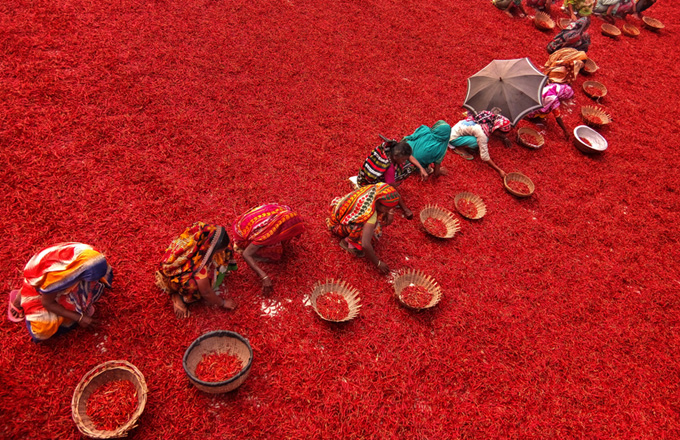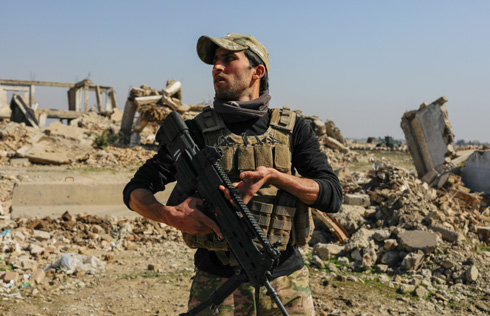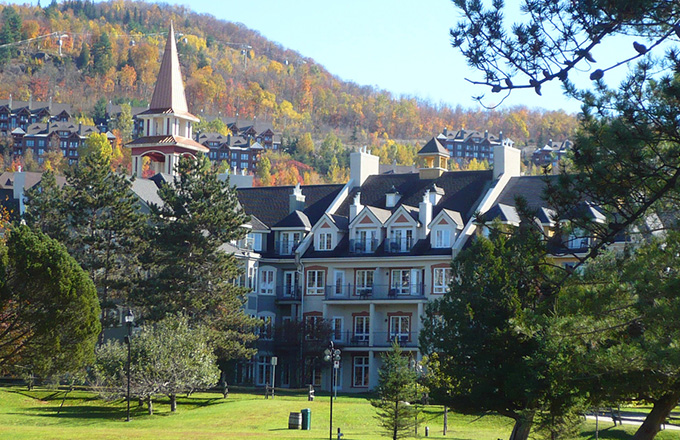Thatcher hailed for changing world political landscape
LINGERING RESENTMENT
But there were plenty of voices in Britain ready to express the resentment that still lingers against a woman who broke the power of the trade unions, ran down or privatised many state-run utilities and institutions and eroded the post-war welfare state.
"She did make war on a lot of people in Britain and I don't think it helped our society," said Tony Benn, a left-wing Labor minister in the 1970s.
Some opponents said on social media that they would hold a party to celebrate her death, while a website set up to ask if Thatcher was dead yet received 180,000 "likes".
"She wanted to crush the trade unions, the working class movement; she didn't finish us off but that was what her aim was," said Judith Orr, editor of the left-wing Socialist Worker newspaper. "I'm glad to see the back of her."
Leftist former London mayor Ken Livingstone blamed Thatcher for making many Britons jobless and dependent on welfare: "She decided when she wrote off our manufacturing industry that she could live with 2 or 3 million unemployed," he said.
The present leader of the GMB trade union, Paul Kenny, said she would be remembered for "destructive and divisive policies":
"Her legacy involves the destruction of communities, the elevation of personal greed over social values and legitimising the exploitation of the weak by the strong," he said.
NORTHERN IRELAND, SOUTH ATLANTIC
In the British province of Northern Ireland, Thatcher is still detested by Irish nationalists for her uncompromising policies towards them, not least her hard line during a hunger strike in 1981 in which 10 prisoners died.
For their part, Irish Republican Army militants came close to killing her in a bomb attack in 1984.
Gerry Adams, who spoke for republicans during much of the IRA's three-decade guerrilla war against British rule, said Thatcher's "espousal of old, draconian, militaristic policies prolonged the war and caused great suffering":
"She embraced censorship, collusion and the killing of citizens by covert operations ... and refused to recognise the rights of citizens to vote for parties of their choice."
South Africa's ruling African National Congress reminded the world that Thatcher had opposed the use of economic sanctions to try to end white-minority rule:
"The ANC was on the receiving end of her policy in terms of refusing to recognise the ANC as the representatives of South Africans and her failure to isolate apartheid after it had been described as a crime against humanity," the party recalled.
Yet to the population of the Falkland Islands in the South Atlantic, where Thatcher sent British troops to drive out an Argentinian invasion force in 1982, Thatcher is a hero and a liberator - "our Winston Churchill", as one local man put it.
"She was very happy to have restored freedom to the people of the Falkland Islands," said Mike Summers, chairman of the islands' eight-member legislative assembly.
"And the Falklands were always in her heart."

























